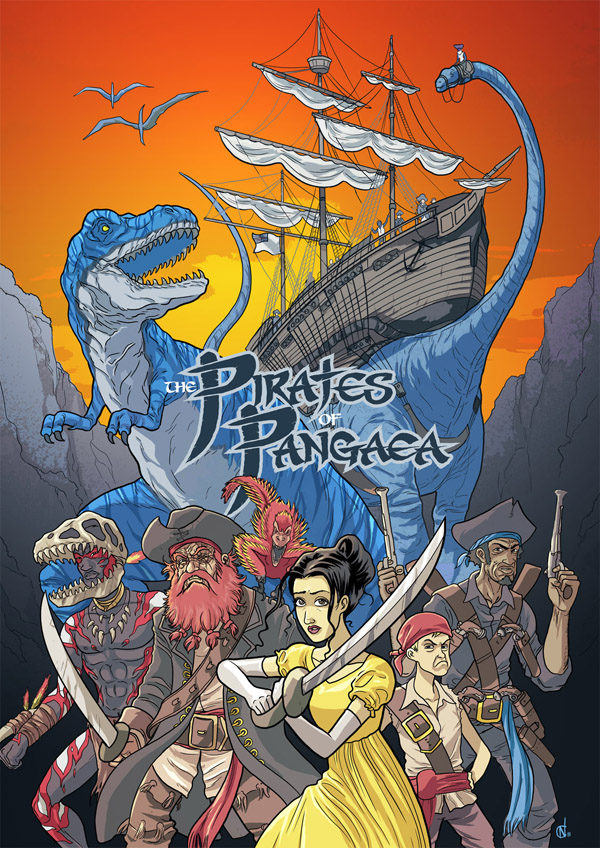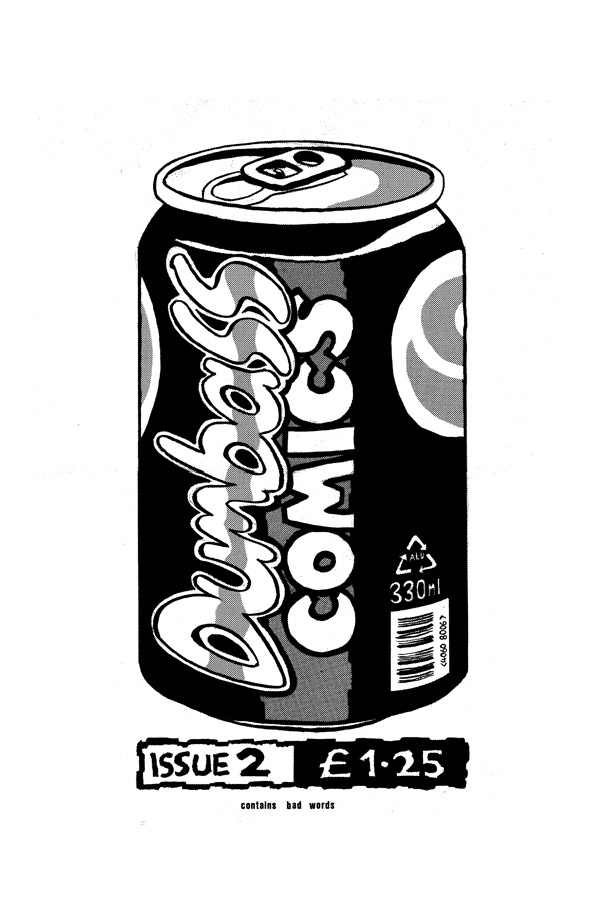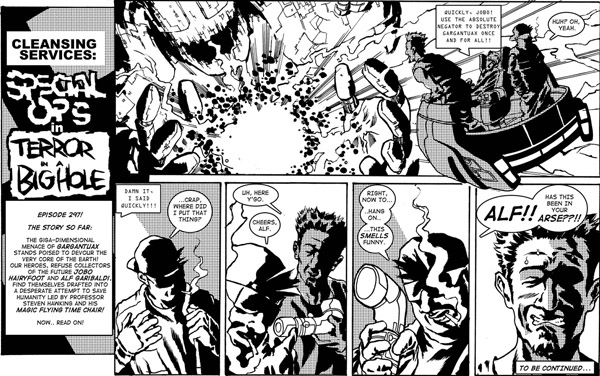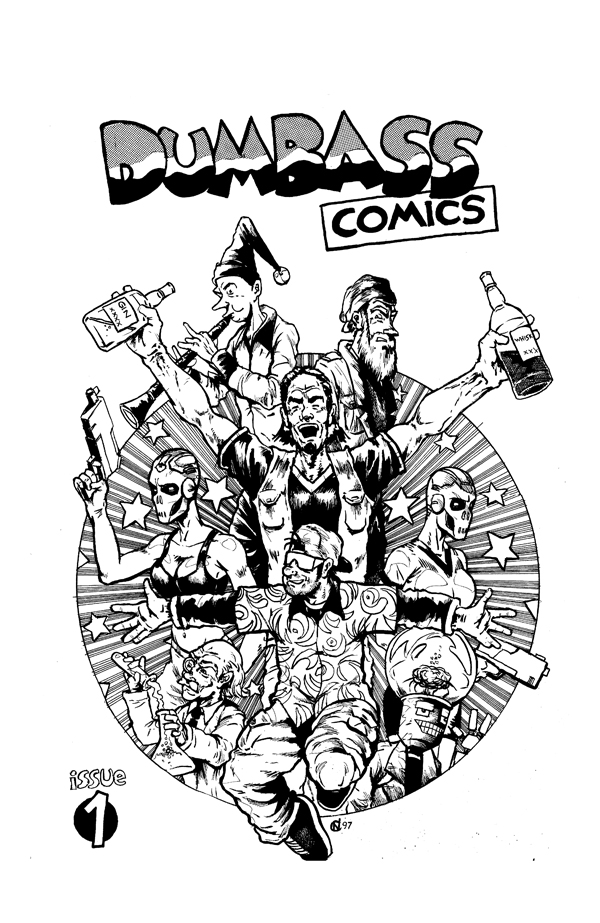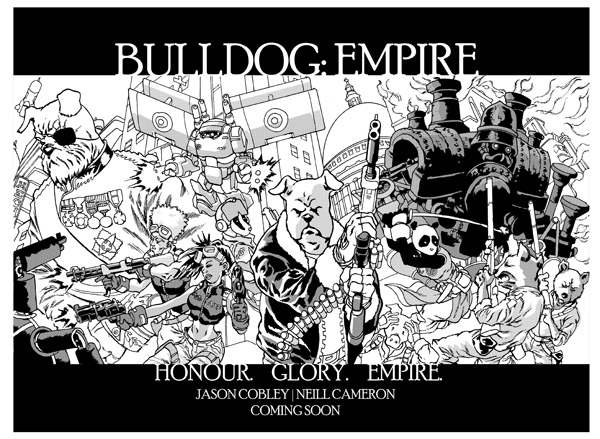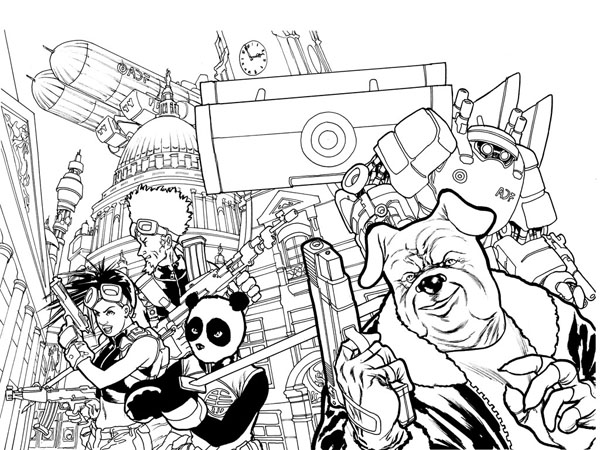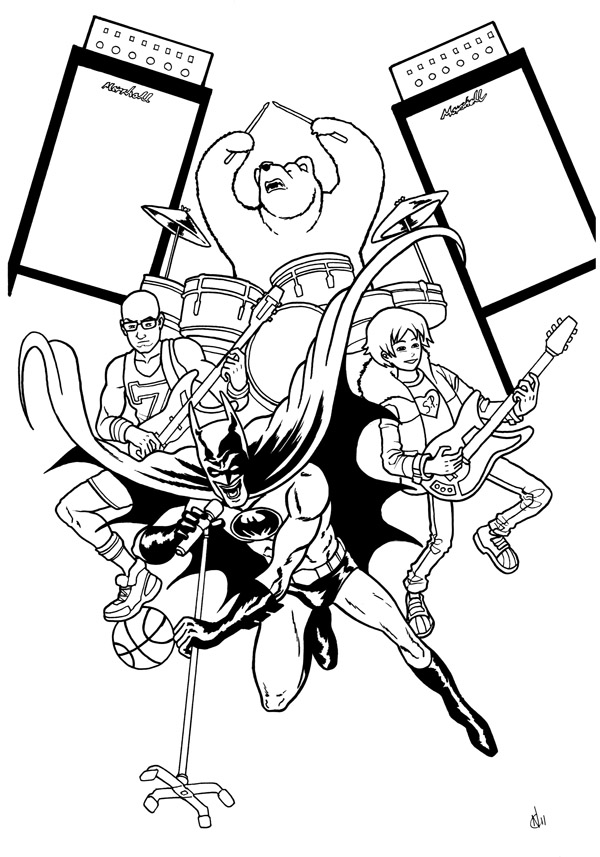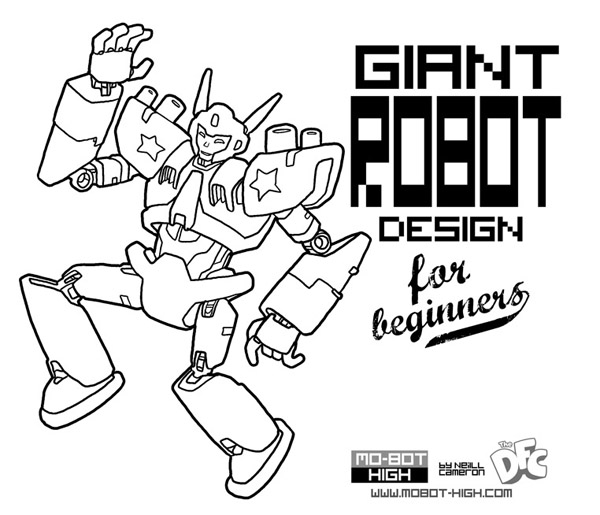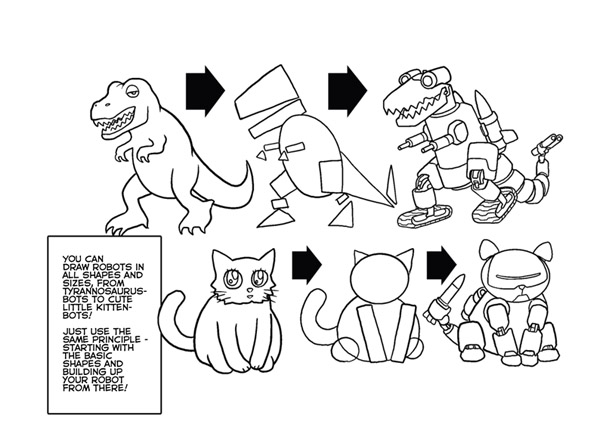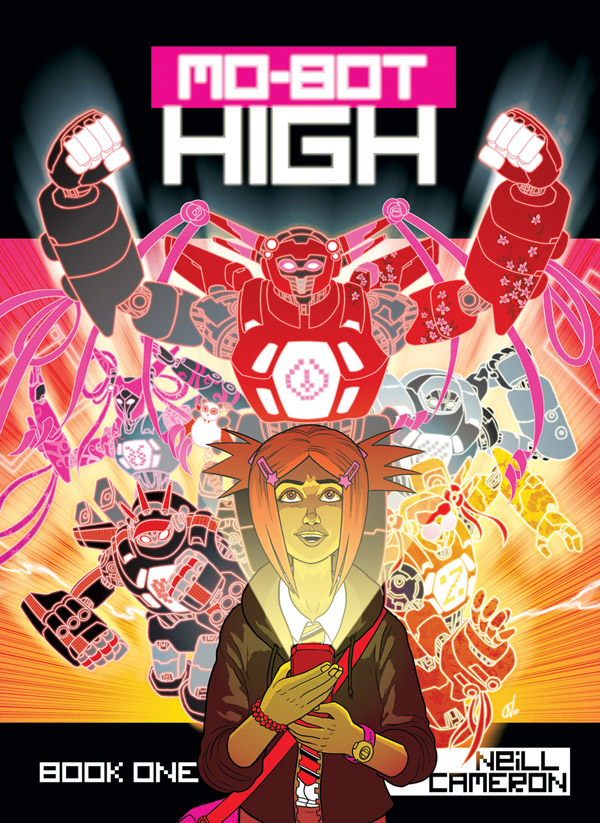A while back I answered a few interview questions for Matt Badham for an article about small press comics that, for whatever reason, ended up never being used. Probably because I was SO BORING. Anyway, I thought I might as well stick it up here, in case anyone is interested in hearing my misty-eyed reminiscences of the UK small press comics scene in the 1990s. It is a fun excuse to post a bit of old Dumbass Comics and Bulldog art, at least. Nostalgia-sense: tingling!
How did you get into small press comics? I'd been drawing comics since I could draw, pretty much. When I was 6 or 7 my brother and I would make our own little handmade comics in the style of the Beano and Oink and present them to our parents for approval. When I got a bit older I started making comics at school, weird nonsense narratives drawn in spare exercise books, the plots based on jokes and suggestions from my friends as I went along. Eventually, I'd say about age 14, I discovered the magic of photocopiers and took the bold step into making comics with a print run higher than one. Slightly higher, at least.
I think I discovered the wider world of small press comics through a little piece of comics history that may not be particularly well known or remembered these days but which was enormously personally influential for me and, I'd suspect, for many of my friends - the 'Announcements' section of the classified ads in the back of Comics International. That tiny little column on grainy newsprint stuck at the back of the magazine was kind of my window out into a world where people created their own comics and via the magic of cheque, postal order and Self-Addressed Envelope, actually sent them to other people to read.
Why did you get into small press comics?
Like I say, there's really no point in my life past the age of about 5 where I wasn't making comics one way or another, and I guess a big part of the appeal was making people laugh, giving people enjoyment, and getting some kind of response back. Once I discovered that such things as small press comics existed - that I could draw something and have it read by people outside my immediate family and my class at school - it seemed incredibly exciting, and there was no stopping me really.
What was the best part of being part of the small press comics ‘scene’?
I think the best thing for me was the support and encouragement - and helpful criticism - from other artists, writers and creative types. When I was first making small press comics, in the early 1990s, I really didn't know anybody in real life who read comics. (Apart from my little brother, and he just stole mine). Given that this was back before we all had that there new-fangled internet, the small press was really the only way I had of communicating with other people who were into comics - through letters and photocopied comics traded via the Comics International small-ads column. Getting told "that's great, you can draw" by someone who wasn't my Mum, and working with people of shared sensibilities to make comics together really was a profoundly wonderful experience.
What was the worst?
I think the worst thing for me was the realisation that, no matter how small, obscure or universally ignored a 'scene' may be, you are still virtually guaranteed to get some kind of lame internal divisions, politics, fallings-out and so on. This always seemed deeply pointless and disheartening to me - you're talking about comics with print runs in the tens, and you're going to waste time bickering amongst yourselves? (I don't think this is a phenomenom exclusive to comics, I should hardly need add.)
I would hope things are much healthier these days. Making your own comics seems to be much more of a cool thing to do, so hopefully people nowadays are above such petty squabbles. Or if they're not, at least I'm sufficiently out of touch to not hear about it.
What do you think the thriving nature of the scene says about the state of the comics industry in this country?
Getting a break in the UK comics industry can be pretty tough - I'm trying not to sound negative, but I think that's fair to say. What opportunities there are tend to be working on licensed / established properties; there simply aren't many publishers providing a platform for writers and artists - particularly new or unpublished writers and artists - to just come up with their own ideas and stories and see what happens. Which is a shame, as that of course is the funnest part of the whole 'creating comics' thing. As such, I think it's entirely understandable, appropriate and awesome that people just go ahead and publish their work themselves. It's how you learn your craft, it's how you find your style, and it's how you connect with people who share your sensibilities. And it is fun. That, too.
I think that increasingly it's going to be an appealing option for people to just stay in the small press, but to actually make a living doing so - or to go back and forth between professional work and their own small press stuff. When I was first making small press comics, like I say, they were photocopied and sent out in the mail, and I'd literally sell like 50 copies if I was lucky. I recently did a series of drawings for fun on my blog, and for whatever reason they just got picked up and linked to all over the internet like crazy, and at the height of it I was getting hundreds of thousands of readers every day - many of whom were genuinely eager to buy stuff from me, and seemed confused that I didn't really have anything to sell them. The fact that the potential audience is so much bigger these days, and so much esier to connect to, is to me an absolutely marvelous thing, and creates all sorts of interesting possibilities for creatively-minded people.
I don't know what you call it if you're in the small press but you're making a living at it, I don't know if we have a word for that yet...
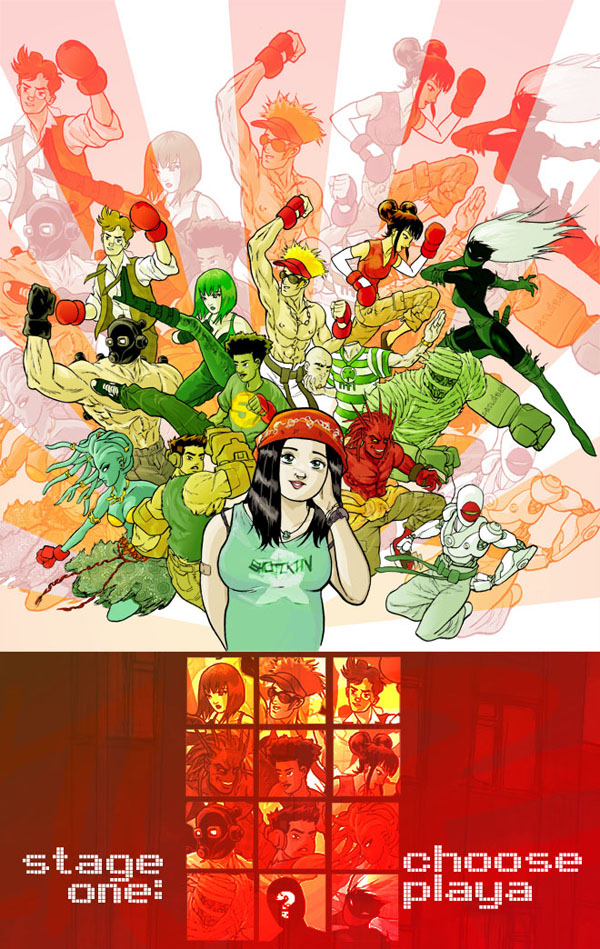
Do you think that the body of work you produced for the small press helped you to get professionally published?
Absolutely, yes. When I was doing small-press stuff I was always dreaming on some level of being a professional artist and drawing comics for a living, even though for a long time it seemed like an idle daydream rather than something that was actually remotely possible or achievable. It was when I had a mild quarter-life crisis, decided to get serious about comics and knuckled down to produce a couple of decent-sized works (the sci-fi miniseries Bulldog: Empire with Jason Cobley and my own martial arts rom-com webcomic Thumpculture) that things started to happen, and my first professional works can be traced pretty directly to coming out of those projects. If you do good work, and put it out there - well, it can't hurt, it can only help.

